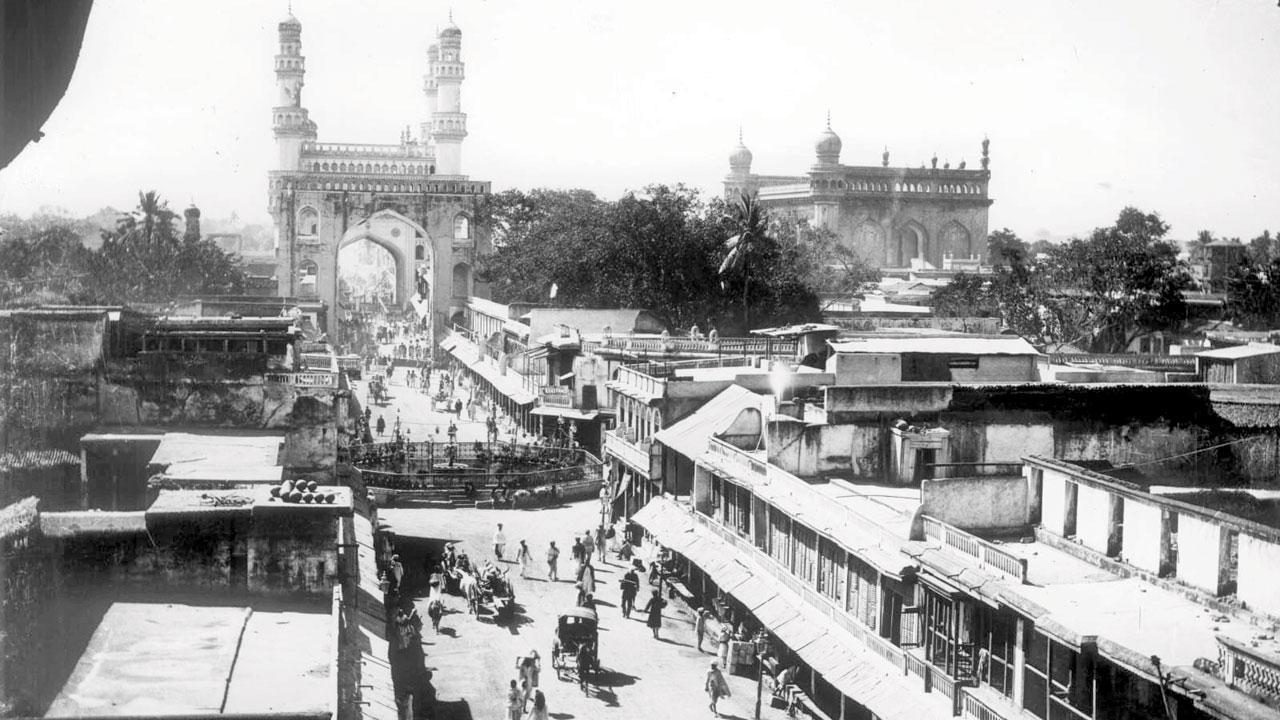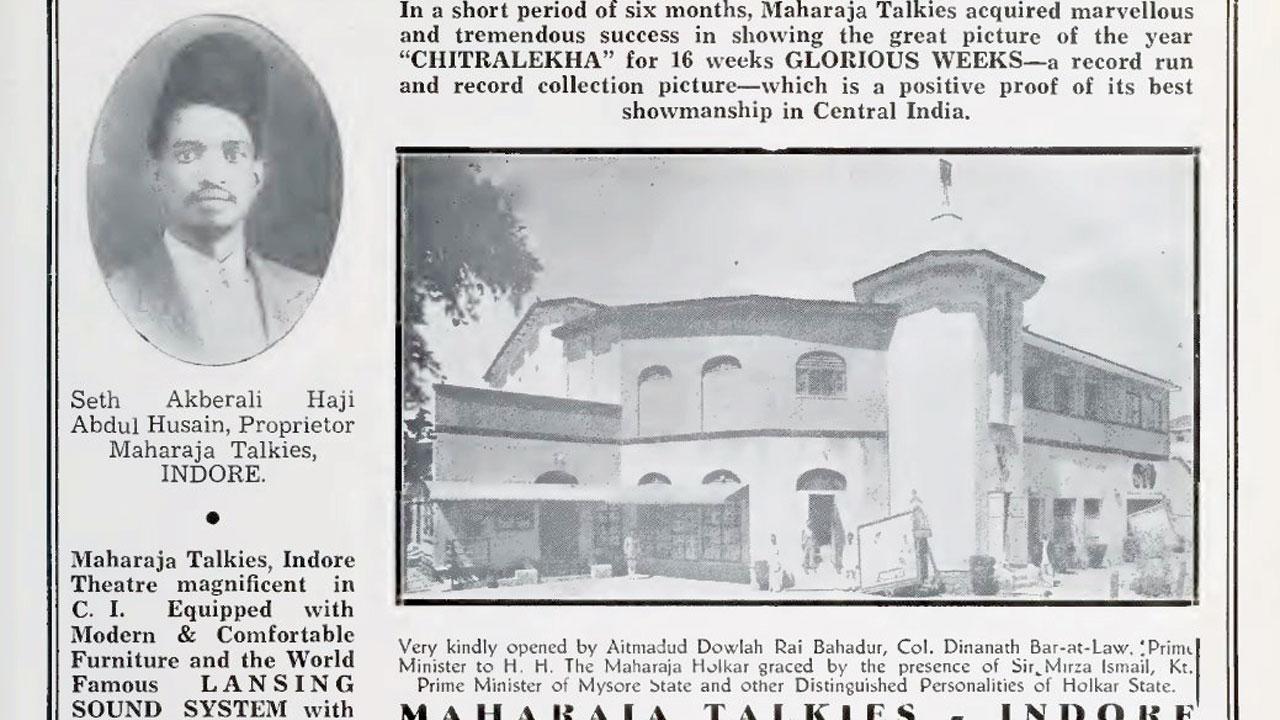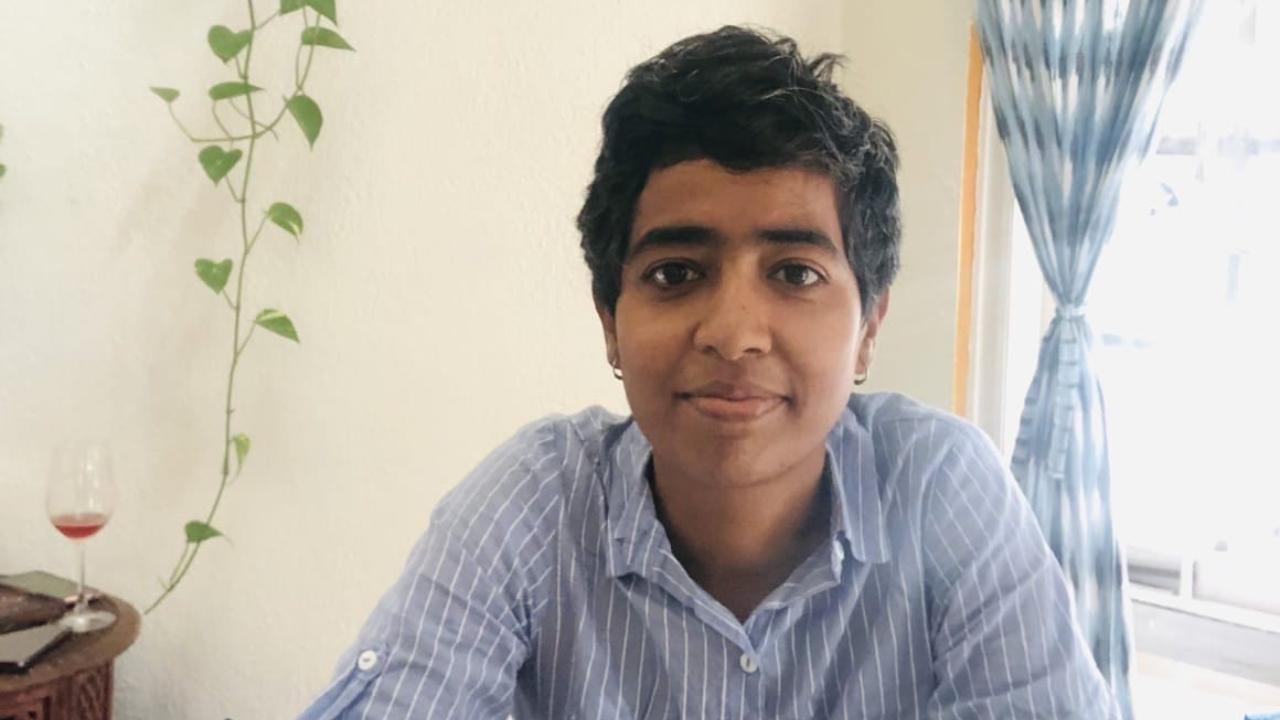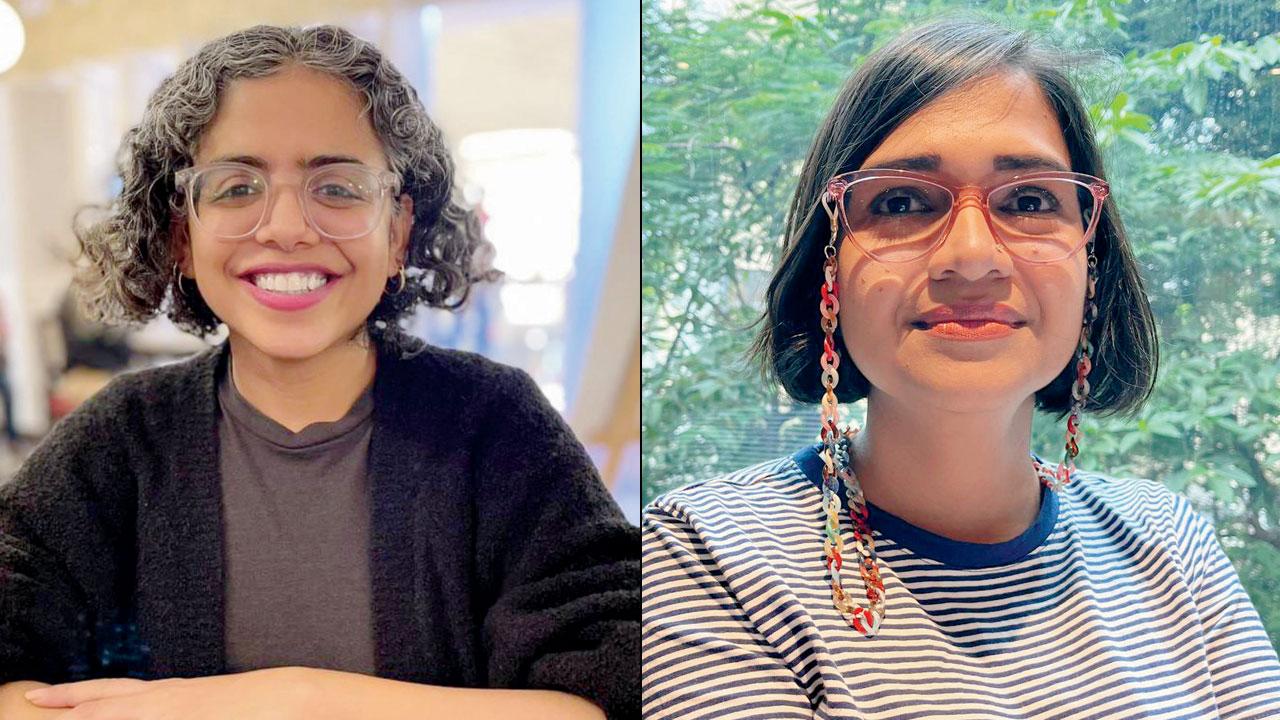From films starring maharajas and maharanis, to photographs of courtesans and commoners, this exhibit offers a rare glimpse of the culture in princely states in pre-Independence India

A photograph of the Charminar in Hyderabad, captured by Raja Deen Dayal, court photographer to the sixth Nizam of Hyderabad in the 1800s. Pic/Indira Gandhi National Centre for the Arts
Think of pre-Independence India, and it’s usually stories of the freedom struggle in colonial cities like Bombay and Delhi that come to mind. And yet, there were princely states that remained unconquered by the British, where their art and culture expressed their modern aspirations. It’s memories of this other India that will be in the limelight on Saturday, when Versova’s Harkat Studios will present a rare exhibition with archival photos, films, and memorabilia—many of which have never been displayed before—of princely India in the early 20th century.
ADVERTISEMENT
Curated by film historians C Yamini Krishna, Sarah Niazi, and Rutuja Deshmukh, the showcase, titled The Chitramahal: Princely Encounters with Photography and Film, highlights the fascinating visual language developed by the princely states of Kolhapur, Hyderabad, Indore and Jaipur.

An archival clipping about Maharaja Talkies, Indore, which was patronised by the princely elite. Pic/Media History Digital Archive
“The basic notion is that most of Indian history is portrayed through colonial centres, but we wanted to shed light on the culture of princely cities that were not directly under British control and maintained their own sovereignty,” explains Krishna, who has worked extensively in film history, as well as urban and Deccan history, with a focus on princely states for about 10 years.
The exhibition showcases materials from museums and cultural archives and includes photographs by historical figures such as Raja Deen Dayal, court photographer to the sixth Nizam of Hyderabad in 1885, modernist Maharaja Yashwant Rao Holkar II, and the photographer duo Ramchandra Rao and Pratap Rao Jadhav.
 C Yamini Krishna
C Yamini Krishna
At the exhibition, visitors can watch films from that period, some of which feature royal actors. “These amateur films, where the maharaja and maharani take on starring roles, explore the intriguing question of why people perform for the camera and how photographic representation can alter one’s identity,” says Krishna.
However, the focus is not solely on royalty. Baburao Painter, the father of Marathi cinema, gets his due recognition in the exhibition. His films, celebrated for their Bahujan identity and representation, offer a glimpse into the socio-political undercurrents of the time.
Niazi, an assistant professor at the Department of Media and Journalism at FLAME University, Pune, highlights the exhibition’s focus on dancing girls and courtesans who were often photographed for their charm.

Sarah Niazi and Rutuja Deshmukh
“These performers were drawn to cinema for its new employment opportunities and artistic experimentation. Their legacy is evident in contemporary media as well” she explains. The exhibit also offers a glimpse into the lives of emerging elites, such as merchants and businessmen, who adopted photography to emulate princely rulers.
“Silent films, now digitised, are set to be screened in multiple formats, ensuring that they reach contemporary audiences in all their historical glory,” adds Deshmukh, a graduate teaching assistant at Michigan State University.
Instead of a conventional white-walled cube gallery, pictures will be hung through concrete beams, and be projected onto canvases. Through its photo studio set-up, Chitramahal will also offer visitors a sense of what it felt like to pose for a photograph in the yesteryears.
When: August 10-18; 11 am-7 pm
Where: Harkat Studios, Versova
Cost: Rs 150
 Subscribe today by clicking the link and stay updated with the latest news!" Click here!
Subscribe today by clicking the link and stay updated with the latest news!" Click here!







